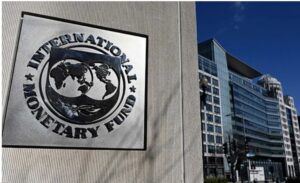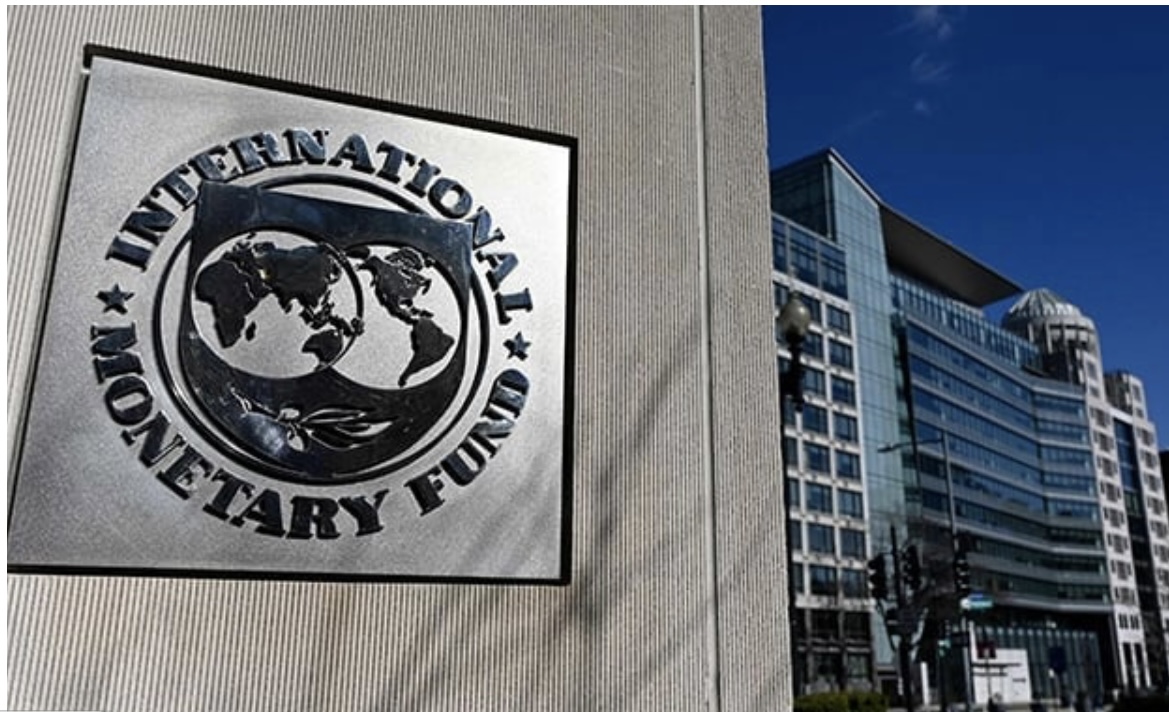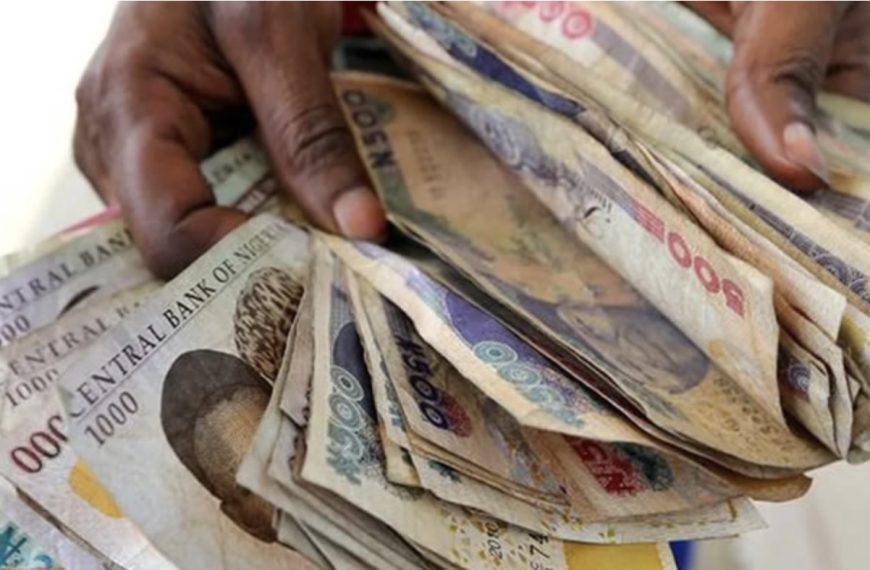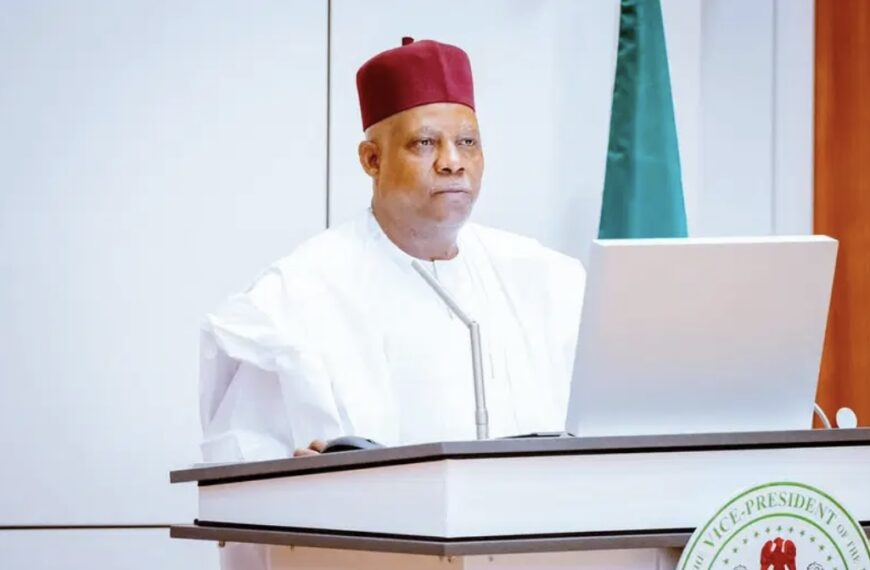 The International Monetary Fund (IMF) has urged Nigeria to adopt a comprehensive, transparent, and inclusive approach to energy subsidy reforms as the country grapples with rising debt levels and mounting public discontent.
The International Monetary Fund (IMF) has urged Nigeria to adopt a comprehensive, transparent, and inclusive approach to energy subsidy reforms as the country grapples with rising debt levels and mounting public discontent.Speaking at the launch of the IMF’s April 2025 Fiscal Monitor, officials acknowledged that energy subsidies remain a fiscal burden for many developing economies, including Nigeria.
While reforms are necessary to free up public resources, they stressed that such reforms must be designed to protect the most vulnerable and maintain energy access for low-income households and small businesses.
“Energy subsidy reforms are politically challenging because they immediately affect the pockets of citizens and small firms,” said Era Dabla-Norris, Deputy Director, Fiscal Affairs Department, IMF. “But these reforms are crucial to boosting energy efficiency, generating fiscal savings, and redirecting public funds to essential infrastructure and social services.”
According to the IMF, energy subsidies account for roughly 1.5 percent of GDP in many emerging and developing economies.
Reforming them could yield significant benefits. Yet in countries like Nigeria, where social trust in government is low and accountability remains fragile, reforms must be gradual, well-communicated, and accompanied by visible compensatory measures.
“Countries that successfully implemented these reforms, such as Colombia and Morocco, did so by pre-announcing changes, engaging the public, and implementing support measures upfront,” she said. “In Nigeria’s case, ensuring transparency and building public consensus will be vital to success.”
The IMF also acknowledged the delicate balance Nigeria faces. Recent efforts to reduce energy subsidies have triggered protests and public frustration, highlighting tensions between fiscal sustainability and social equity.
The Fund noted that although energy subsidies are often distortionary and regressive, benefiting wealthier households more than the poor, they also play a critical role in sustaining livelihoods and keeping small businesses afloat.
When questioned about how the IMF expects countries like Nigeria to implement subsidy cuts without exacerbating poverty or disrupting growth, the IMF officials stressed that the path forward lies in targeted transfers, visible investment in social protection, and clear communication of the benefits.
“In environments where trust is weak, it’s critical for governments to invest in social infrastructure and visibly support the poor before rolling out reforms,” She said.
With Nigeria already facing heightened debt pressures and sluggish growth, the Fund reiterated that restoring fiscal health is essential. However, it warned that reforms must be tailored to national contexts, with a focus on inclusivity and resilience.
As global debt levels rise and uncertainty remains elevated, Nigeria and other emerging economies are being called upon to walk a fine line, balancing fiscal discipline with social stability, and long-term sustainability with immediate needs.
BUSINESSDAY












